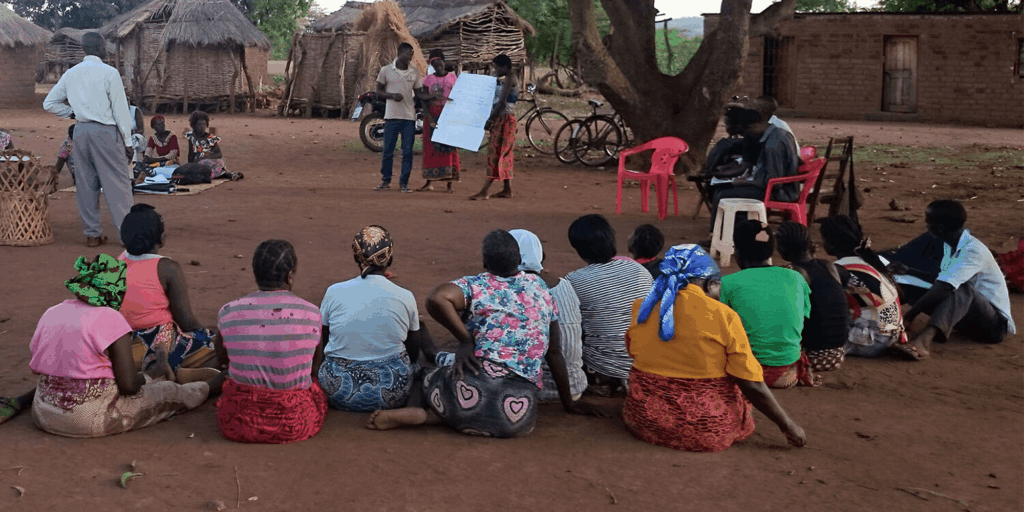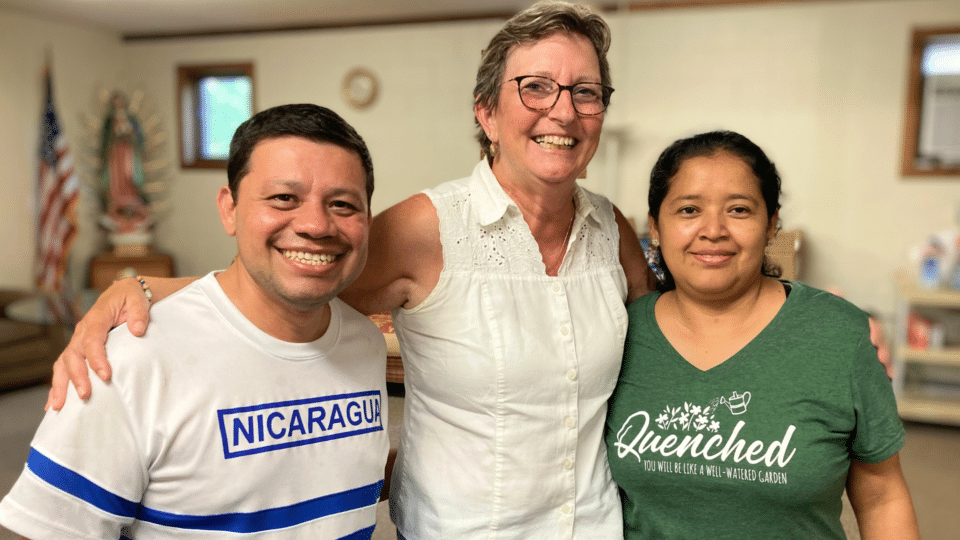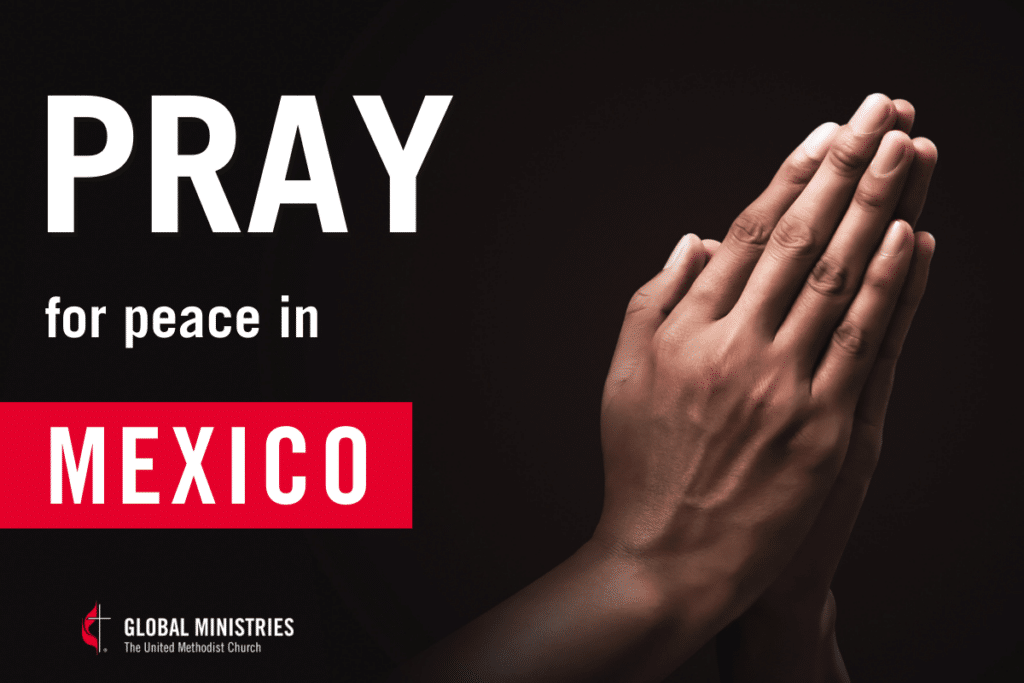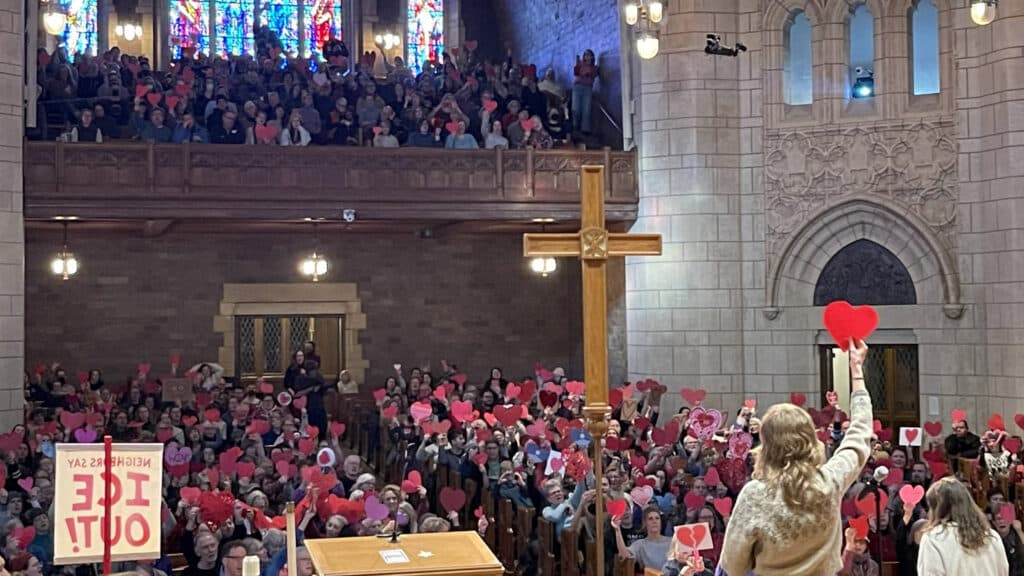ATLANTA — The United Methodist Church’s Abundant Health Initiative is committed to reaching a million and more children with life-saving interventions, a goal set for the 2016-2020 quadrennium. This commitment is only possible through increasing health access and coverage for many thousands of community members within the reach of United Methodist congregations, health facilities and services. Reaching the most marginalized with healthcare is an issue of justice.
Access to health services is not always simple
In Liberia, Mardea was carried for two hours in a hammock, during labor, to deliver her baby at Camphor clinic. In Central Congo, the construction crew at Dingele Maternity Center rushed a woman in labor with complications to the hospital in their truck. In Jalingo, Nigeria, the taxi union has been contracted to transport women with obstetric emergencies to UMC health facilities. In Nicaragua’s autonomous regions, a horse or motorboat are on standby.
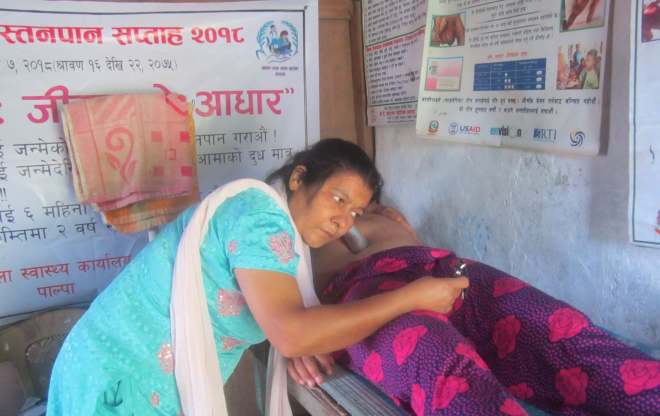
PHOTO: UNITED MISSION TO NEPAL
But there are so many other places around the world where physical access to health care simply isn’t possible. Tragically, women and children die for lack of transport – a bus, a bicycle, a motorbike, a truck – or the money to pay for the service, the confidence or permission to take it, or, finally, the limitations of staff and services available on arrival at a health clinic.
Affordability is at the heart of the matter for many families. Payment for consultation fees or medicines brings about hardship. They must use rent money, miss meals, walk instead of ride, go into debt or lose a day’s income.
For Bhawana, affordability meant a walk of several hours with her husband and mother-in-law in the hills of Western Nepal. She had gone into labor and needed to reach her clinic as quickly as possible. On arrival, the examining nurse found complications that she was not equipped to help with and immediately referred the family to the district hospital. How would they pay for the transport and hospital fees?
It seemed an impossible and life-threatening situation until they realized they qualified, on the spot, for an interest-free loan from a fund created for such emergencies. This fund was initiated through a Global Health grant and, after discussion and agreement, received equal and ongoing contributions from the community and local government.
Health coverage and health access go hand in hand
Health coverage is the actual delivery and receipt of services, but many people are unwilling to seek services near their home because of the attitudes of health workers. True health coverage is access to health care providers themsleves and to quality care offered with dignity in clean facilities. Many women from lower social classes or those simply lacking resources have given birth in poorly equipped and staffed facilities without basic infrastrature, like water or a decent delivery bed, because of years of neglect.
Justice for these women has been realized through the UMC-supported revitalization of their health facilities to provide maternal, newborn and child health care, among other essential serives. Delivery rooms are equipped and medications are available. Health care workers in UMC health facilities are trainied to provide care with dignity, regardless of the indivudal’s background. In Ghana, pregnant women and patients prefer to travel for miles to access the Methodist Health Facilities: “We prefer to come to the Methodist clinic” they say “because God is there.” God is there through the compassion, love and the quality care they receive.
In the United States, there has been great fear linked to the COVID-19 pandemic – fear of infection and fear of passing infection to one’s unborn child. COVID-19 has had a devastating effect on the African American community, in particular.2 According to The National Institute for Health Care Management Foundation, Black people are dying from COVID-19 at a rate 2.4 times higher than white people. This is due to higher rates of pre-existing health conditions, over-representation in frontline and essential worker jobs, unequal access to quality health care and insurance coverage and the greater likelihood of living in hyper-segregated neighborhoods. Systemic injustices impact minority communities in many detrimental ways, including the compromised heath of women and children.
A call for education
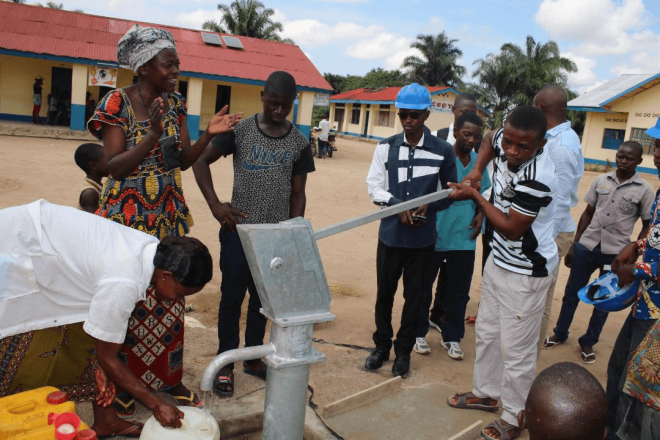
PHOTO: CENTRAL CONGO HEALTH BOARD
Sometimes, even when quality services exist and people have access to them, they still might not be utilized. People may not be aware that they have treatable conditions because their illnesses have become “normal” or have a spiritual or contextual diagnosis. Annual bouts of malaria can just be part of life and HIV may be pronounced a spiritual malady or punishment. People may not realize how their avoidance of health care impacts others, like untreated tuberculosis and sexually transmitted infections, undiagnosed Ebola or COVID-19, hidden depression, alcoholism or anxiety. This calls for strengthening health education and the accompaniment of those with such conditions.
Some years ago, in Zambia, a young woman attending HIV awareness meetings conducted by a Global Ministries partner suddenly stood up and called for the group’s attention. She started by saying “I now know the witches who took my two daughters. Their names are HIV and AIDS!” She had never wanted to learn about the virus before because she had believed it was bewitchment. At the meeting, her mind and direction completely changed, and she went for testing and treatment. She now gives other women the testimony of her life – how she lost two daughters who were born HIV-positive because of her lack of knowledge, but that she now has a beautiful HIV-negative son.
Everyone deserves the best health care
Advocacy and funding for other foundational parts of our lives are also essential to personal, family and community health. For example, safe housing, clean drinking water, affordable fresh food, equal education and employment opportunities, affordable childcare and physical security improve the overall health of families and communities. Global Ministries has funded wells and latrines, small and large nutrition and agricultural projects, scholarships and livelihoods – all to address these underlying needs.
At the heart of The United Methodist Church’s Abundant Health Initiative is the desire to bring the best possible health services with the best possible outcomes to communities, and especially to women and children. Although beneficiaries are counted, the goal is not primarily reaching higher numbers. What’s important is offering quality health care with dignity and compassion, mostly to people who have been marginalized. Reaching them is an issue of Christian care and justice. We long for you to join us through your prayers, giving and by care for your community and the world.
Kathy Griffith is the Global Health team lead and program manager for Maternal, Newborn and Child Health.
1https://www.who.int/bulletin/volumes/91/8/13-125450/en/
2 https://www.nihcm.org/categories/systemic-racism-is-a-public-health-crisis
